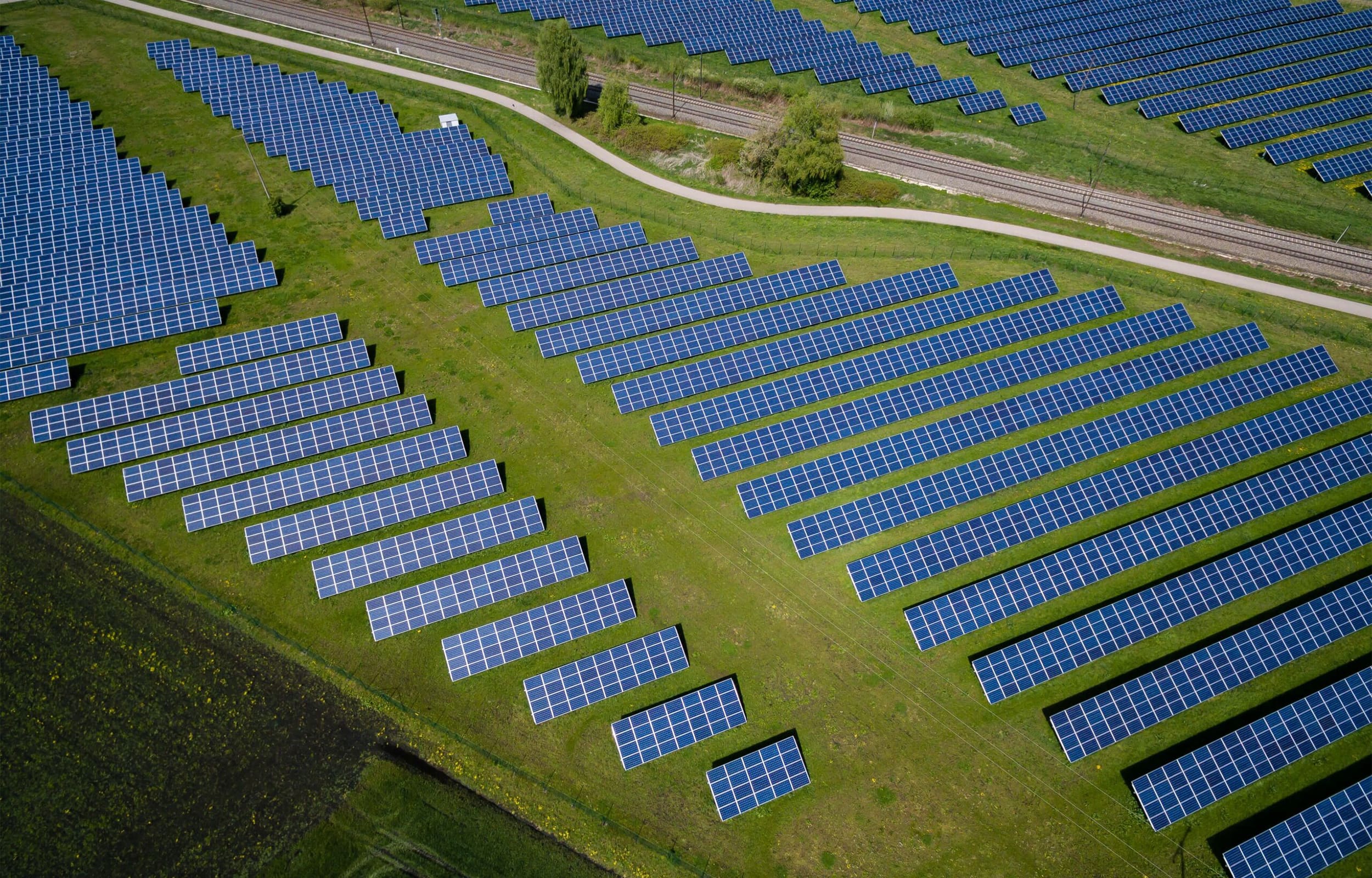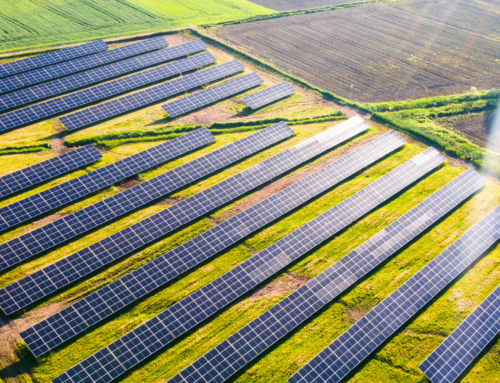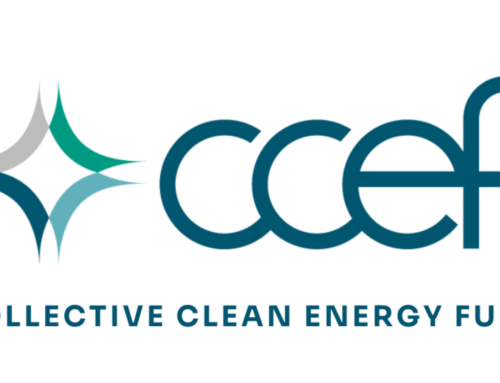What Is Renewable Energy?
Renewable energy is energy generated from renewable resources—sources that are naturally replenished at a faster rate than consumed. This means that energy is drawn from sources that effectively will not be “used up,” in contrast to sources like fossil fuels, coal, and natural gas. Renewable energy sources include:
- Solar
- Wind
- Geothermal
- Hydropower
- Biomass
Types of Renewable Energy
Solar energy, in short, comes from the sun! Solar technology converts sunlight into electricity through photovoltaic (PV) panels or mirrors that concentrate solar radiation.
Wind energy refers to wind turbines that harness energy from wind using mechanical power to spin a generator, which creates electricity.
Geothermal energy is essentially heat from the earth, or thermal energy in the Earth’s crust from the formation of the planet. Geothermal energy is particularly from reservoirs of hot water that exist (or are human-made) at different temperatures and depths below the surface of the earth.
Hydropower, or water power, is electricity produced by falling or fast-running water, which generates power by using a dam or similar structure to manipulate the natural flow of a body of water.
Finally, biomass is energy generated from living or recently living organisms, such as corn and soy. The energy from these organisms are then burned to create heat or electricity.
Efficiency of Renewable Energy
Also known as alternative energy or green power, renewable energy is a smart, sustainable choice that boasts major energy efficiency. IRENA reports that “power generation from many types of renewables are 100% efficient in international energy statistics, while fossil power plants achieve only 25–85% efficiency.”
This is partly because renewable energy sources such as wind and solar do not require the extraction, transportation, and combustion of fuels—all energy-intensive processes. Renewable energy technology also tends to have lower operating costs and a smaller environmental impact compared to traditional fossil fuel sources. This means that renewable energy is capable of producing more electricity per unit of energy consumed, resulting in lower energy consumption overall.
Why Renewable Energy Is Important
Renewable energy is a crucial path forward for mitigating climate change, transitioning to a cleaner future, and boosting energy security. The burning of fossil fuels is a major contributor to climate change, and switching to renewable energy sources can help reduce greenhouse gas emissions. Renewable energy can also create jobs and stimulate economic growth, all while reducing dependence on imported fossil fuels.
Around the world, countries, companies, and individuals are recognizing and acting on the importance of renewable energy. Here in Colorado, renewable energy sources such as wind, solar, and hydroelectric power are becoming increasingly significant. The US Energy Information Administration reports that “since 2010, Colorado’s renewable electricity net generation has more than tripled and accounted for 35% of the state’s total generation in 2021.”
Want to be a part of the renewable energy movement? Here at the Colorado Clean Energy Fund, we support Coloradoans in their efforts to transition to clean energy. We use the tools we have as a green bank to break down the financial barriers that inhibit access to clean energy for communities across the state. Explore our products and programs here to see how we can help you reach a sustainable future.
Sources:
- https://www.un.org/en/climatechange/what-is-renewable-energy
- https://www.irena.org/news/articles/2017/aug/renewablesandenergyefficiencyadynamic-duo
- https://www.eia.gov/state/?sid=CO
- https://www.energy.gov/eere/solar/how-does-solar-work
- https://education.nationalgeographic.org/resource/geothermal-energy/
- https://education.nationalgeographic.org/resource/biomass-energy/







